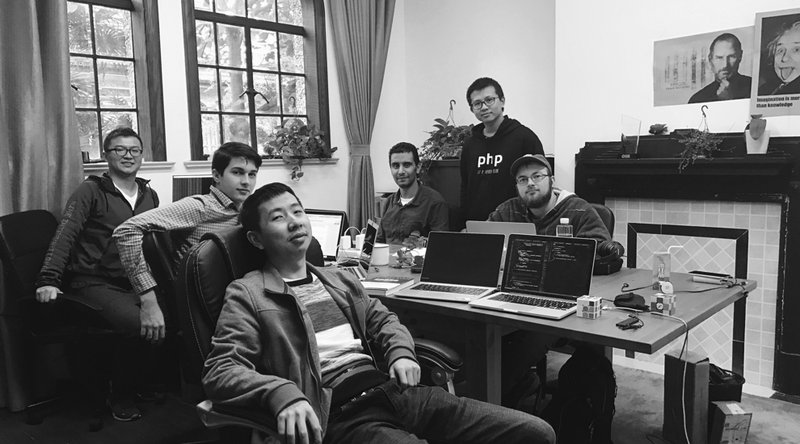
The Singapore-based Qtum Foundation announced that it is working with global financial services consultancy PwC to help fuel blockchain adoption among international businesses. The Qtum Foundation is developing the Qtum blockchain , an open-source value transfer protocol and decentralized application platform for businesses that executes smart contracts using a proof-of-consensus mechanism.
The Qtum Blockchain
As part of the cooperation between the two firms, PwC provided input for Qtum’s newly released whitepaper titled “Smart-Contract Value Transfer Protocols on a Distributed Mobile Application Platform,” which explains the technical aspects of how its new blockchain platform works.
The whitepaper was authored by Qtum’s co-founders Patrick Dai, Neil Mahi, Jordan Earls and the project’s Scientific Advisor Dr. Alex Norta. It details how Qtum’s blockchain will allow for mobile usability, how it will be able to interact with the Ethereum Virtual Machine to enable smart contract execution and how smart contract lifecycle management will be applied to improve security by allowing smart-contract collaboration, negotiation, review, and tracking.
The Qtum blockchain will allow lite wallets running on mobile phone devices to interact with DApps and smart contracts. It will support the simple payment verification (SPV) protocol so that transactions can be signed using a mobile device and Internet of Things devices can also be operated and integrated using smart contracts.
Qtum’s Account Abstraction Layer will allow interaction between the Ethereum Virtual Machine and the Qtum’s UXTO-based Blockchain and other potential virtual machines in the future. Also, by using a UTXO platform, smart contracts are given more functionalities, flexibility and traceability, compared to pure Ethereum-based smart contracts.
“Qtum aims to revolutionize business processes and the way that business interact with their customers by making smart contract technology mobile and practical. The SPV protocol allows smart contracts to move from servers and laptops, into IoT and mobile devices,” said Earls.
The whitepaper also addresses potential security concerns, which were highlighted due to the Ethereum DAO compromise of last year. Qtum will use Smart-Contract Lifecycle Management which allows for the collaboration, reviewing, negotiation, and the tracking of smart contracts across organizations by all parties to establish trust through active security vetting.
Supporting a Stable Project Governance Structure
PwC has also supported Qtum in creating its new project governance structure, which will allow Qtum to become one of the largest open-source distributed ledger projects that can meet the requirements of a broad range of industries, such as financial services, supply chain management, gaming, social media, Internet of Things, and more.
“PwC has helped the Qtum Foundation setting up our governance model, project management, and risk management,” Qtum co-founder Patrick Dai told Bitcoin Magazine .
“In the future we plan on expanding our cooperation with PwC to help Qtum expand our reach and adoption of blockchain technology,”
CY Cheung, Fintech and Cybersecurity Partner of PwC China stated: “PwC sees enormous potential for blockchain to revolutionize business practices as we know them, and the firm has made great efforts in developing strategic and technical capabilities to adapt existing products and services for the new technology. We are excited to get involved in the era of innovation and help companies capture the opportunities and benefits brought by the new technology. Working with the Qtum Foundation aligns with our goal.”
The next step for the Qtum project will be conducting an initial coin offering to fund the further development of the platform. After the crowd sale, further testing of the Qtum blockchain will be conducted before the platform will go live.
“Our crowd sale starts on March 16th, and afterwards the next steps for Qtum will be to complete the testnet from the Qtum test net, receive feedback from the community on testing, and then to launch the mainnet of the Qtum blockchain,” Earls told Bitcoin Magazine .
The views and opinions expressed herein are the views and opinions of the author and do not necessarily reflect those of Nasdaq, Inc.






